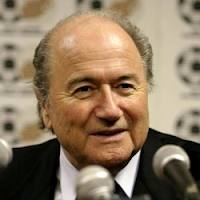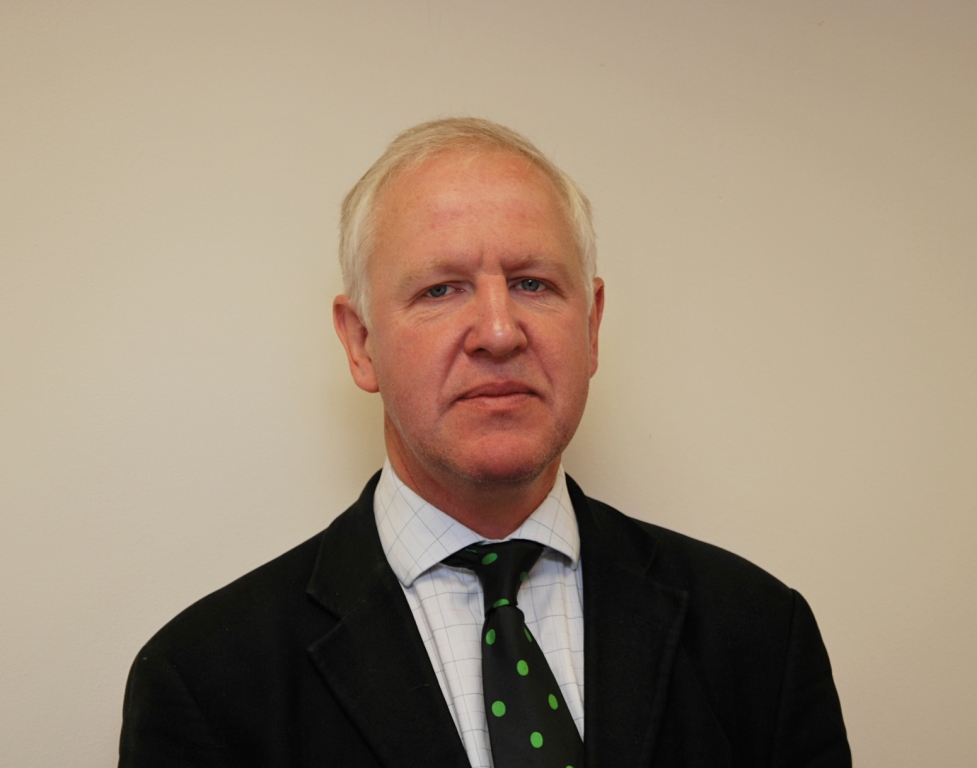By David Owen
So Joseph Blatter doesn’t much care for the “unanimous” package of reform proposals for world football’s governing body published last month by UEFA.
The FIFA President conveyed his disappointment last weekend at a media conference in South Africa just before Nigeria’s triumph over Burkina Faso in the final of the 2013 African Cup of Nations.
I can’t say I am at all surprised.
However, I am not sure that Blatter’s comments in Johannesburg did full justice to the hornets’ nest that may potentially be stirred up by the European initiative.
I am thinking chiefly of the next race for the FIFA Presidency in 2015.
Most discussion so far has focused on the European suggestion that the International Olympic Committee (IOC)’s modus operandi for its President of a first term of eight years followed by one subsequent term of four years provides “a good model to follow”.
I am more interested in the preceding European proposal, which reads: “Candidates for the FIFA Presidency should be supported by their own National Association and/or Confederation and have an “active office” within that National Association and/or Confederation.”
Think about that and then imagine that it had been written into the FIFA statutes in time for the 1998 election, when Blatter won the Presidency.
If you interpret it literally, I think it would have ruled Blatter out of the race: the then 62-year-old Swiss national was at the time general secretary of FIFA and, hence, held “active office” neither within the Swiss National Association nor UEFA.
That might be of interest chiefly to football historians.
But it just so happens that the current general secretary of FIFA – Jérôme Valcke – is viewed by some as a possible candidate to succeed Blatter in 2015.
If this proposal were adopted, and assuming he didn’t move in the interim to a new post at UEFA or the French FA, neither of which seem likely, I think Valcke would be excluded from running.
Actually, I think it is quite possible that the first half of the proposal might present Valcke with problems as well.
This is because another Frenchman – UEFA President Michel Platini – is widely expected to be a candidate.
Assuming the former dead-ball wizard got the support of UEFA and his national association, does that mean such support would not be available to another Frenchman?
The European proposal, I suppose, does not make this clear, but it would seem a bit odd for the French FA specifically to support two candidates.
Other European proposals I would not expect to be welcomed with joy unbounded in every last nook and cranny of planet football are:
● “To appoint all members of FIFA committees and organs to commence their term of office in the year following the election of the FIFA President and then every subsequent four years”;
and
● “To abolish the commercial levy currently provided for in Art. 77 of the FIFA Statutes”.
This article states that members “shall pay FIFA a levy for every international match played between two “A” representative teams”, but also that “the Confederations may demand their own levy independently of FIFA” and that “members may demand their own levy on matches played in their territory”.
While FIFA, like other members of the football family, has done very nicely out of the sport’s recent global boom, it has to cope with a structural issue not faced by UEFA: namely, that its chief cash cow – the FIFA World Cup – occurs only once every four years.
In such circumstances, I imagine the regularity of levy payments must be appreciated.
Not that this would necessarily cut much ice with national associations voting at the FIFA Congress.
What now seems clear is that we are set for an epic period of international football politicking in the run-up to the FIFA Congress in May – when the reform process is slated to reach its conclusion – and beyond.

As things stand, not even Blatter (pictured above) – 77 next month – seems prepared categorically to rule himself out from running for yet another term, although this may be a way of signalling to the Europeans that he is prepared to battle any attempt to wrest away the initiative in setting the reform agenda.
His problem is that, although Europe does not by itself have the votes to push its proposals through Congress, if European associations really are “unanimous” and reflect this by voting as a bloc, then they have precisely the 53 votes they need to veto other proposals.
(The support of three-quarters of present and eligible member-associations is required for an amendment to the FIFA statutes to be adopted, and the admission of South Sudan means there are 209 FIFA members.)
So stalemate, for the moment, looms; then again a week can be a terribly long time in football politics and there remain a good 15 weeks before Congress convenes.
The next set-piece event in what looks like a typically long and winding FIFA road should come this month when FIFA executive committee member Theo Zwanziger’s working group is due to hold its second meeting.
Draft proposals are then supposed to be prepared for submission to the FIFA executive committee meeting on the 20th and 21st of March.
Such gatherings of the suits rarely make for good spectator sport; but the way things are shaping up, this one has gran clásico written all over it.
David Owen worked for 20 years for the Financial Times in the United States, Canada, France and the UK. He ended his FT career as sports editor after the 2006 World Cup and is now freelancing, including covering the 2008 Beijing Olympics, the 2010 World Cup and London 2012. Owen’s Twitter feed can be accessed at www.twitter.com/dodo938

